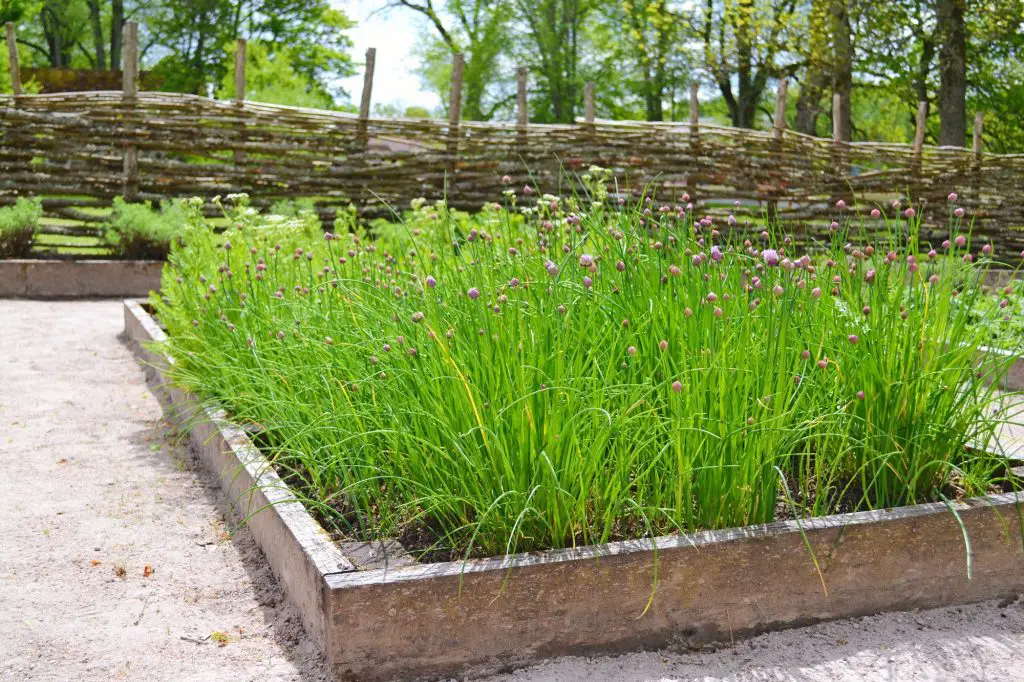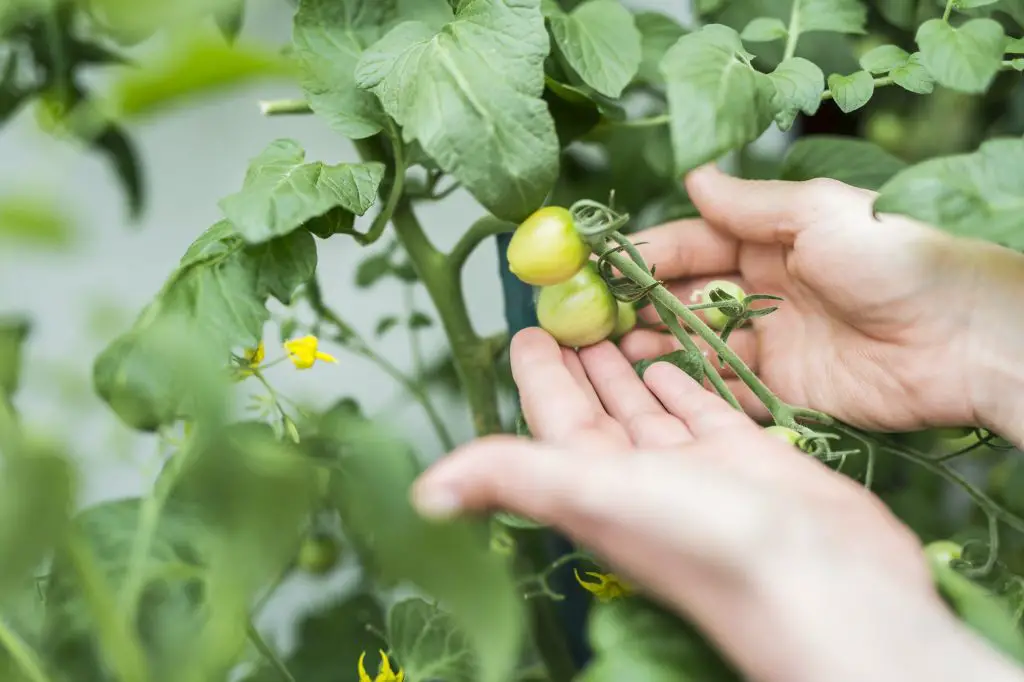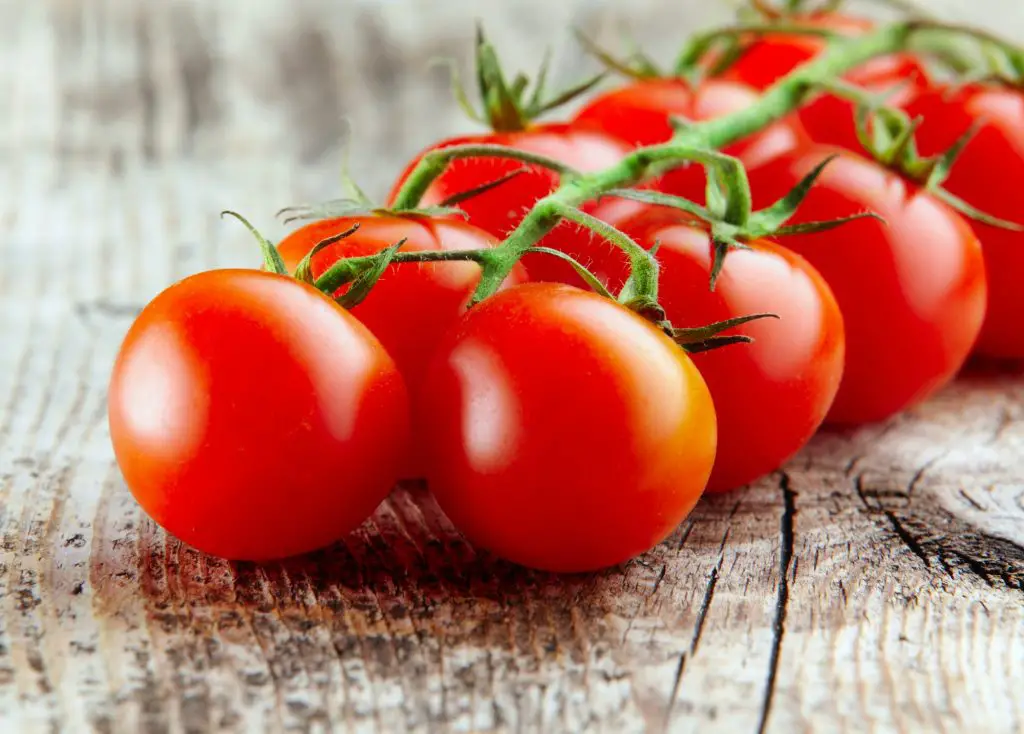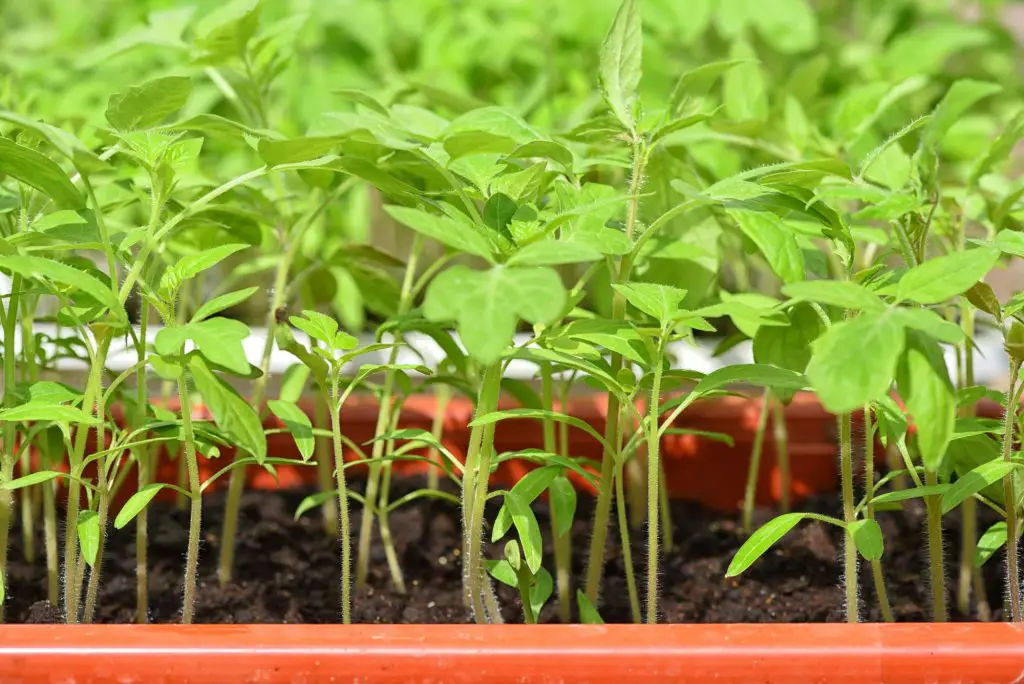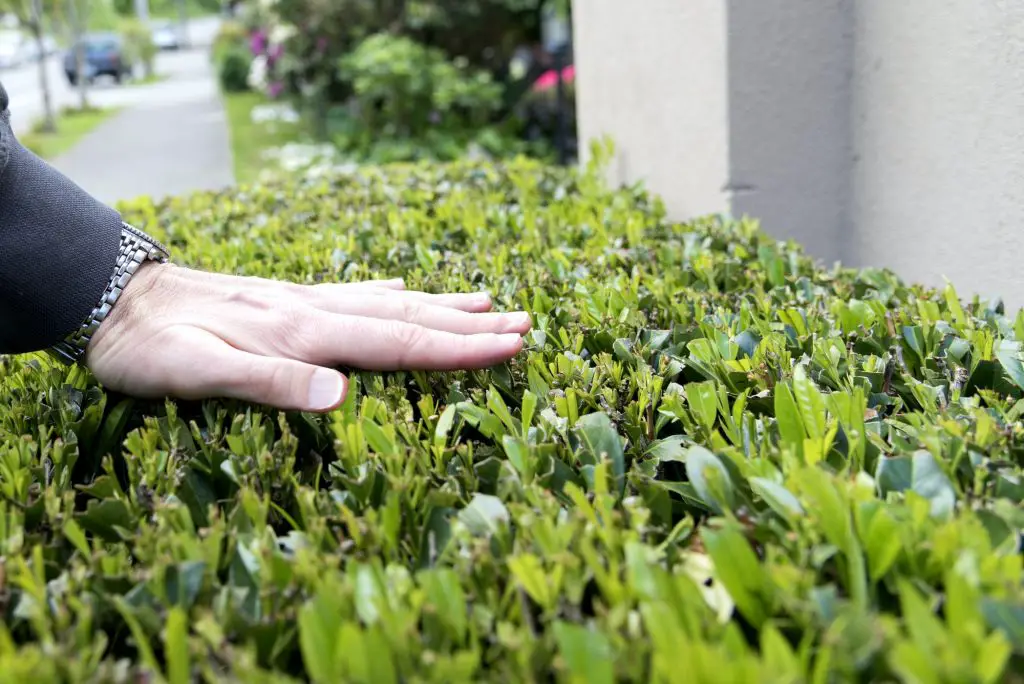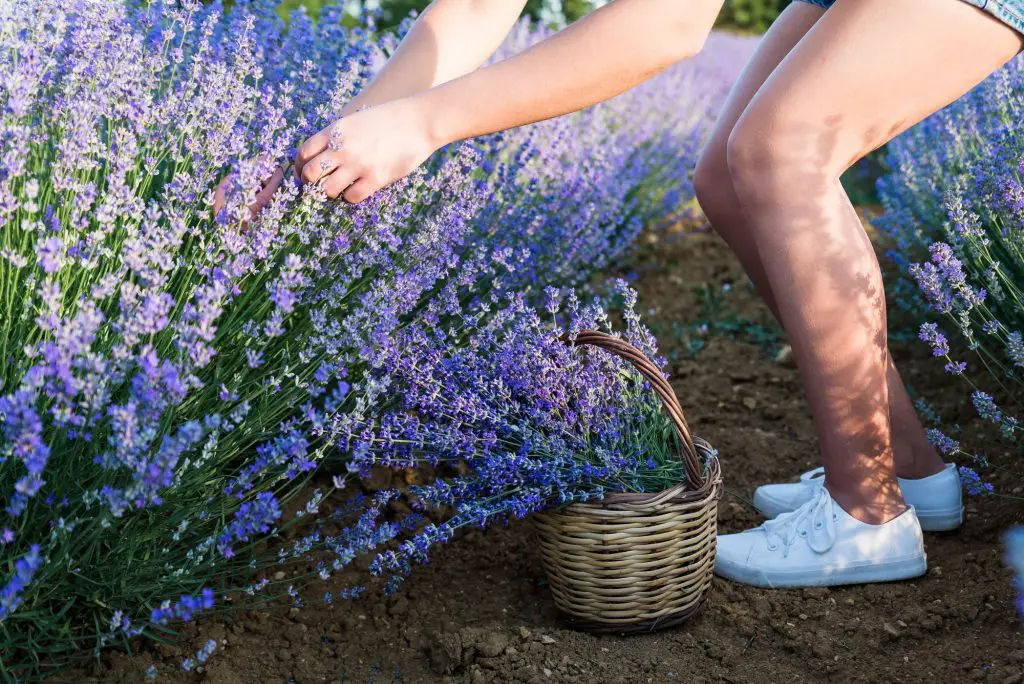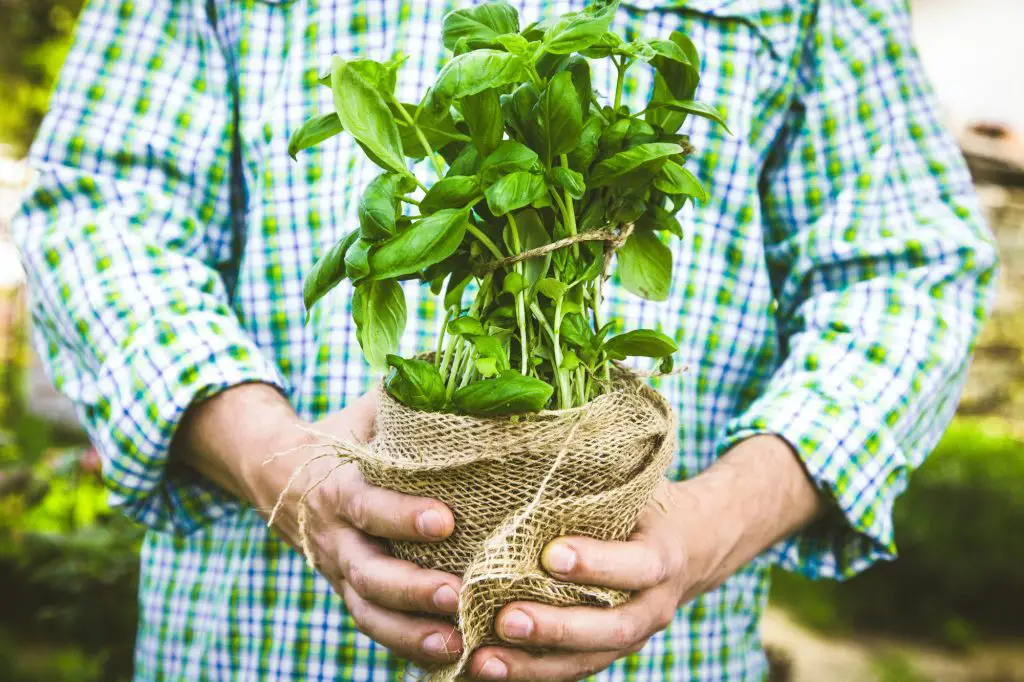What can I plant next to chives? Chives are another common plant in the garden that needs companion planting to thrive.
Chives is a flowering plant that consists of small chumps and slender bulbs that produce edible leaves and flowers. It is a plant that is close relative it onions, shallot, garlic, leek, scallion, and Chinese onion.
These plants are also very low maintenance plants and can help in repelling any garden pests.
Fresh chives and can help you create amazing meals such as season bread, cheeses, soups or simply have them added to salads to give you a light oniony taste. Chives are really easy to grow perennial plants.
There are different varieties of chives to go for. If you are wondering what to plant near chives, this article contains some of the best companion plants for it.
Table of Contents
10 Best Plants to Grow With Chives
Companion planting has been used by farmers for centuries now and it’s nothing new. This gardening method helps keep your garden safe from harmful pests, attracts beneficial insects, improves your soil nutrients, provides necessary shades for your plants, and serves as markers. So, if you are adding chives to your garden, here are the best companion plants to grow with it.
1. Carrots
Carrots are the first plant a farmer considers planting near chives. When planted in close proximity to carrots, it can help repel aphids from carrots. Growing carrots near chives can also help your carrots grow bigger, better with a more tasty flavor.
2. Strawberries
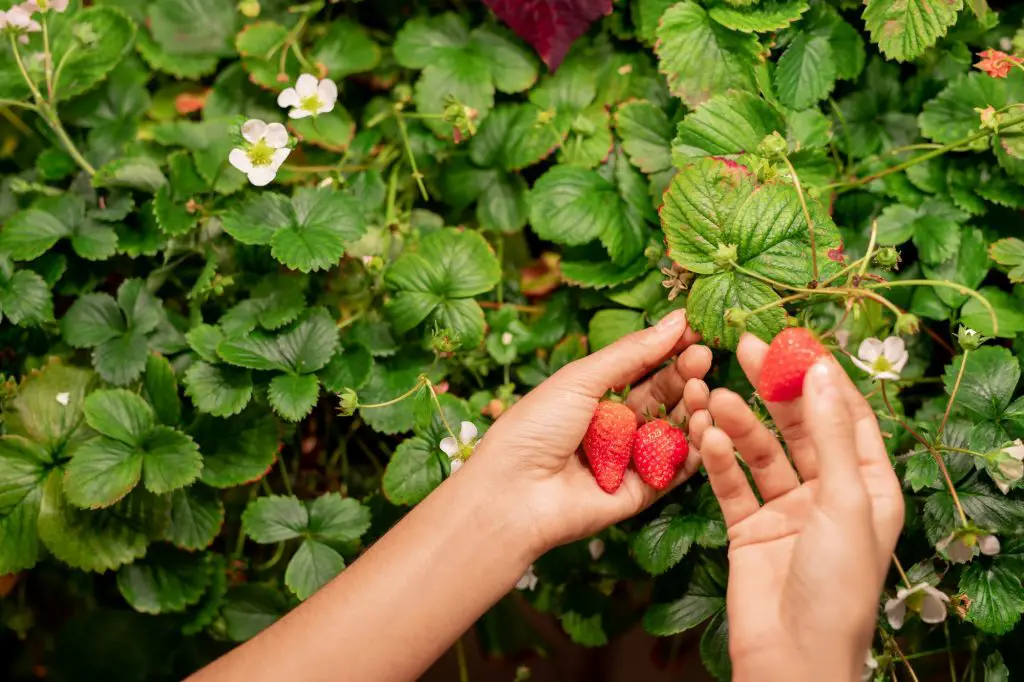
You can definitely go ahead and tuck your strawberries among chives. When planted near chives, it helps deter insects and animals that might make a feast of your strawberries in your bushes. Strawberries can also be planted near crops such as beans, borage, lettuce, onions, radishes, and spinach.
3. Tomato
Tomato is another great companion plant for chives. It helps increase the tomato’s flavor and it also repels aphids which usually feed on tomatoes. Chives are also great to pair with tomatoes in a meal. It can help improve the yield of tomatoes as well.
4. Lettuce
Lettuce and chives are really good neighbors. You can have chives planted between rows of your lettuce crop to deter pests from ruining your lettuce leaves.
5. Alliums
Any plant from the allium family which chives also belong to can do just fine. It can be planted alongside any member of its family, like garlic, leek, scallion, and onions since they all require the same growing requirement.
6. Appletree
To prevent apple scabs from feeding on your apples, plant chives around your appletree. Chives also help deer and other animals that can feed on your apples.
7. Cucumbers
Chives will grow well with cucumbers. Cucumbers are the most popular plant to have grown with your chives. The oniony aroma of shives helps deter cucumber beetles that are a great deterrent to cucumbers.
8. Herbs
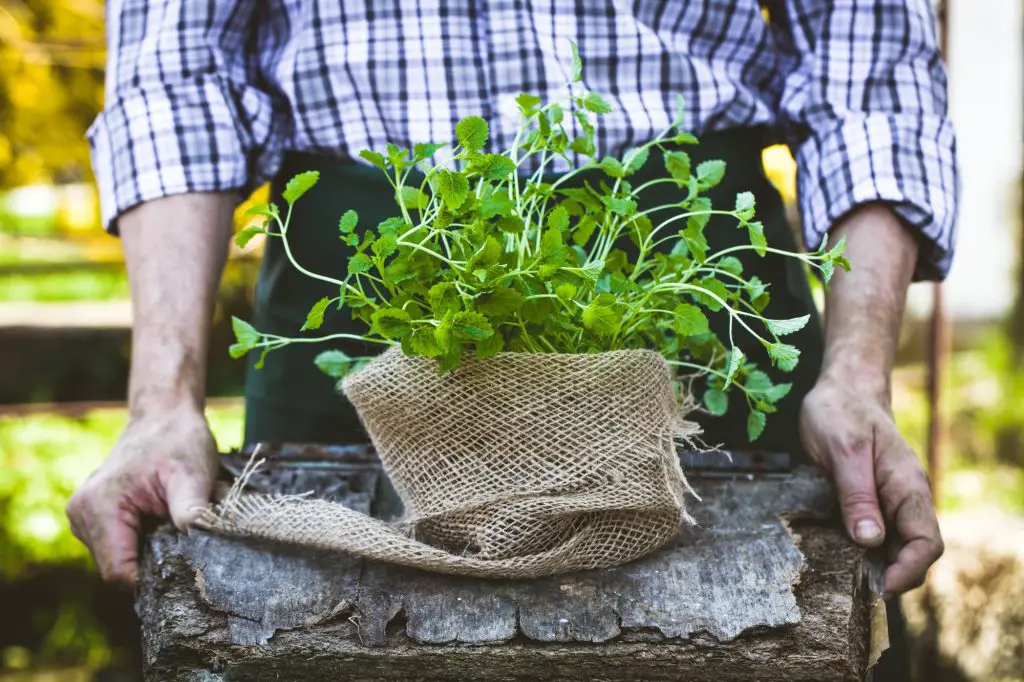
Herbs are great and natural companion plants to chives. Some of the best herbs to grow with chives include parsley, cilantro, tarragon, and basil.
9. Grapes
If you are on the lookout for a plant that does great when planted near chives then grapes are the best ones to look for. Grapes do better when planted near chives.
10. Cabbage
Another amazing plant you can grow near your chives is cabbages. Chives can help increase the flavor of cabbages and it does better when planted near chives as well.
What Not To Plant With Chives
Chives are actually great all-around companion plants to many crops and herbs but above are some of the best you can have them planted with. Chives are really attractive plants and they really don’t have many plants they shouldn’t be planted with but below are two plants that should be kept far away from them.
1. Pole Beans
Pole beans are definitely going to stunt the growth of your chives so ensure to keep them far away from your chives.
2. Beets
Beets should be planted far away from chives. Both can stunt each other’s growth.
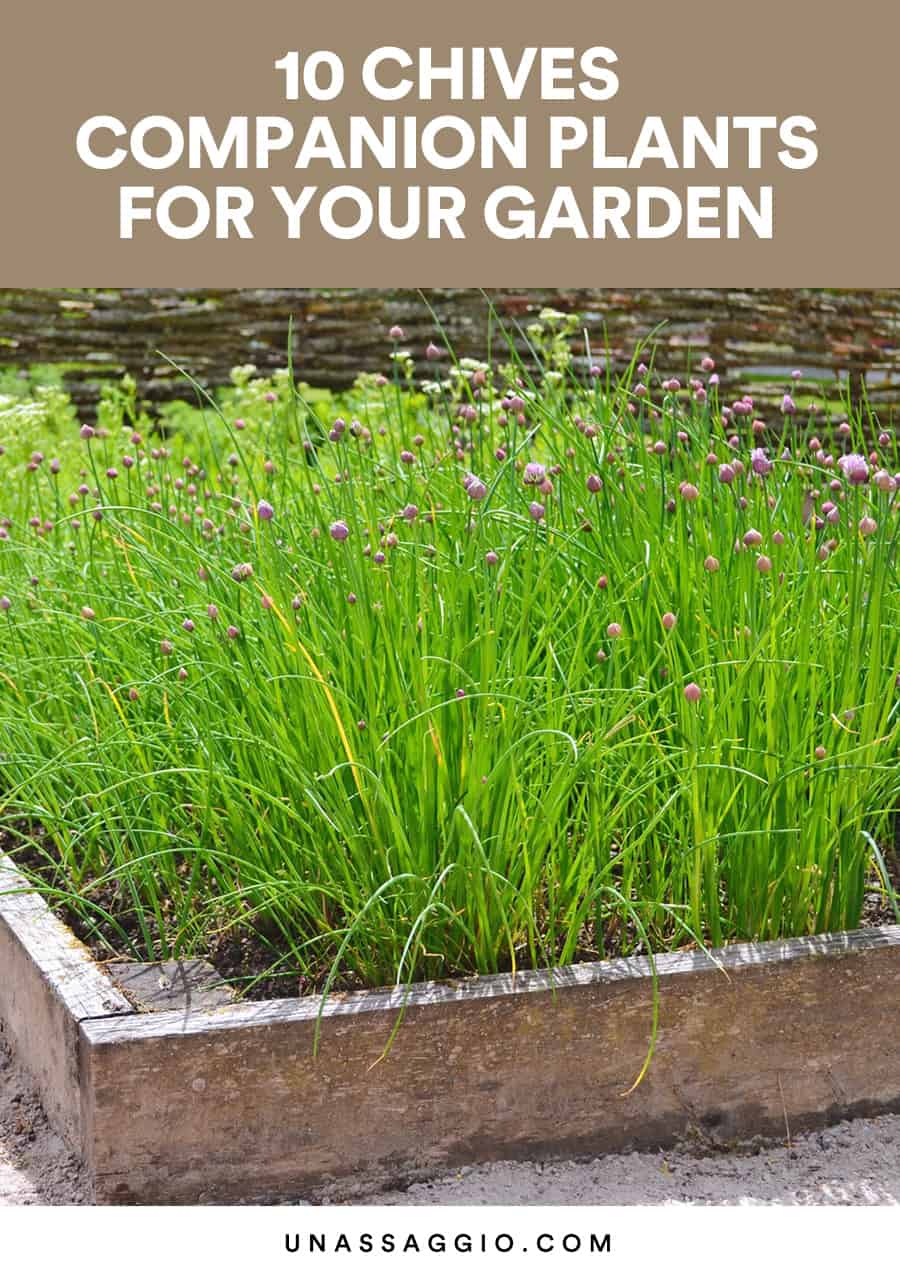
FAQs
Do chives need full sun?
Chives love moist well-drained soil they will definitely grow well in full sun or in partial shade.
Should I let my chives flower?
Yes, there is really no harm if you let your chives flower but this might mean a smaller harvest. So, you should be sure to remove them so the seeds don’t spread throughout the garden.
Will chives regrow after cutting?
Absolutely, if they are harvested the right way then they are surely going to grow again.
Are chives a good companion plant?
Chives are not just easy to grow perennial plants but it’s also a great companion plant to many crops in the garden. They can help repel pests, increase yield, help attract beneficial pollinators, and also improve the flavor of some plants.
Do chives multiply?
Chives bulbs definitely do multiply over time. You just need to keep them healthy and not overcrowd them.
Can garlic and chives be planted together?
Yes! Chives and garlic won’t have a great impact on each other but will have a great effect on the crops planted around them. Garlic and other members of the allium family can be planted near chives.
Why are my chives so thin?
Chives are generally easy to grow but factors that can cause them to be thin are insects, pests, overwatering, diseases, and lack of sunlight.
Do chives grow slowly?
Chives are slow-growing plants just like many herbs. So, it’s important to start growing them early.
How often should chives be watered?
Chives plant should be watered thoroughly. This plant needs to maintain a high level of surface moisture till the seeds germinate.
Final Thoughts
You don’t have to keep your chives in your vegetable garden alone, they make great companions to practically every plant.
There are so many ways chives can be useful in your kitchen and in the garden. Although they are drought-tolerant, all you have to do is give them consistent watering throughout the growing season and you get higher yields.

